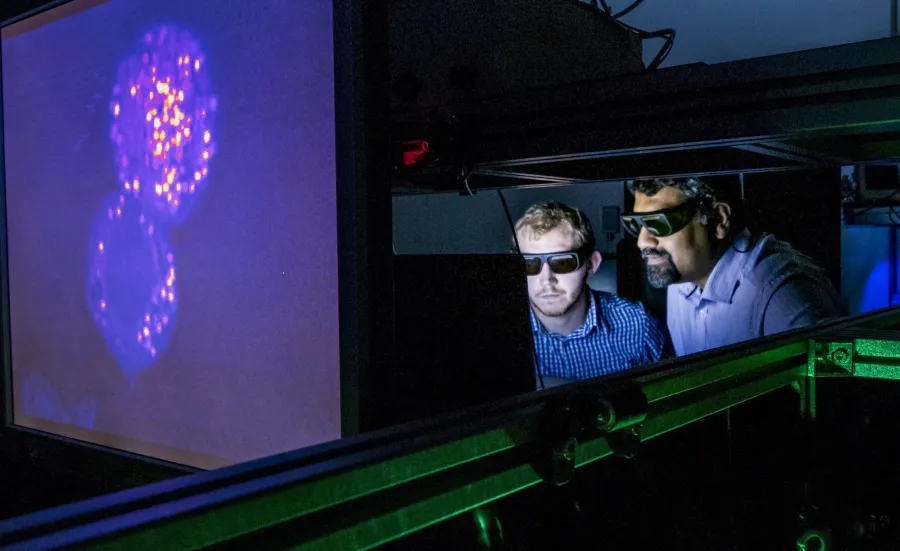Organic Chemistry, Synthesis, Catalysis

We study the structure, properties and reactions of organic compounds. One of our research aims is to develop environmentally sustainable approaches to chemical manufacture that minimise chemical waste.

We study the structure, properties and reactions of organic compounds. One of our research aims is to develop environmentally sustainable approaches to chemical manufacture that minimise chemical waste.

The Organic Chemistry, Synthesis, Catalysis group has been replaced by the Organic and Biological Chemistry group.
Organic and Biological Chemistry group page
Organic chemists discover, design, and make molecules that have useful or interesting functions such as medicines, liquid crystals, electronic materials and smart inks. We have a strong international reputation for our research in a range of areas:
Chemical reactions are conducted in a continuous fashion rather than as a batch process. Our primary expertise is in the development of new 'reagentless' methodologies using electrochemistry, thermolysis and photochemistry, and in the study of reaction mechanisms.
Our multidisciplinary research covers chemistry, biology and medicine. Much of our research is directed at the optimisation of properties through introducing changes in the molecular structure of ‘lead’ compounds.
We develop strategies for the efficient construction of target compounds. These include the molecules of nature, and extend to exquisite non-natural structures such as fullerenes enclosing another atom or molecule, for example, C60@NH3.
Here, our focus is on developing tools and catalysts to enable synthetic transformations to be performed in an efficient manner. This includes the:

We are designing and synthesising molecules with useful optoelectronic properties for application in Organic Light Emitting Diodes, particularly for use in printable devices.